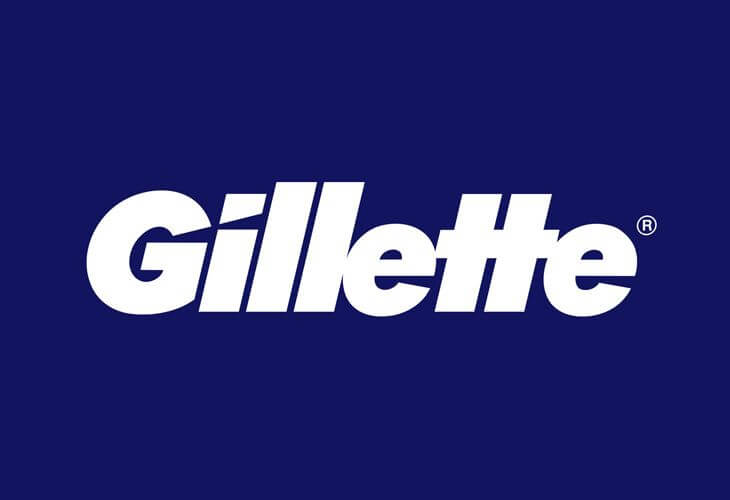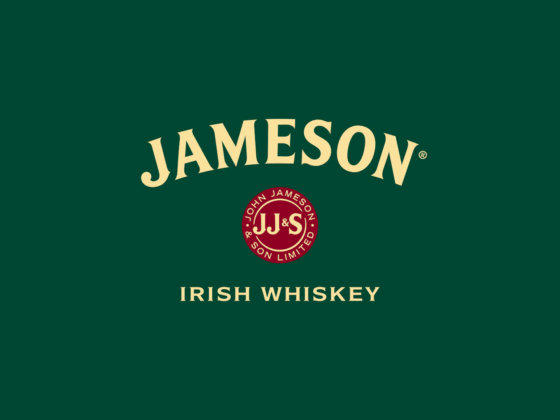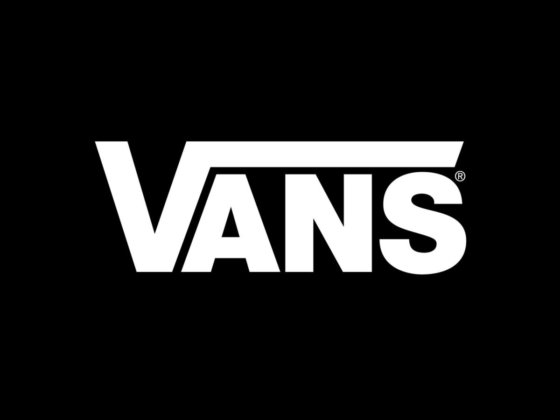




The Gillette brand is not only all kinds of shaving systems for men and women, but also a kind of symbol of disposable products. After all, thanks to the company founded by King Kemp Gillette, consumers have gradually become accustomed to inexpensive things that can be safely thrown away after use. Today we are surrounded by disposable items everywhere, from dishes to mobile phones. But at the beginning of the 20th century, the very idea of disposability seemed absurd and acceptable only in relation to matches.
Gillette is one of those brands that is impossible to talk about without a brief biography of their founder. Moreover, King Camp Gillette, being an outstanding personality, really deserved it. He was born in 1955 in the town of Fond du Lac, Wisconsin, in the family of the owner of a hardware store. From his father, King inherited an extraordinary desire to improve the objects around him, in other words, to invent. Subsequently, Gillette himself created many improvements in all kinds of things that surround a person in everyday life. But most of these inventions have remained unrealized. Perhaps the reason for this lies in the lack of time for Gillette himself, a traveling salesman who was constantly on the road. However, this work developed his entrepreneurial skills, which subsequently allowed him to build a shaving empire.

The idea of a disposable razor, as is often the case with ingenious inventions, was born completely by accident, when Gillette's straight razor was once again blunt. And this meant that you need to look for a grinder, spend time sharpening the blade. And then the inventor, already middle-aged by that time (it was the summer of 1895 - by that time King had already settled down, married and worked at Crown Cork & Seal) dawned on him - standing in front of the mirror, he clearly imagined a razor equipped with cheap replaceable blades that can be Always and everywhere carry packs with you, replacing dull ones if necessary.
Moreover, the razor invented by Gillette was very compact, inexpensive and, most importantly, safe. She could only cut herself a little.

But then the problems started. The implementation of an idea that looked so simple turned out to be extremely difficult. And the reason was precisely the interchangeable blades, which had to be very sharp, but at the same time strong and thin enough. Special steel and special sharpening technology were required.
Gillette spent almost six years communicating with all sorts of inventors, engineers and scientists. Almost all of the inventor's money savings were spent, which by that time all friends already considered obsessed. And it is not known how it would have ended if King had not met engineer William Nickerson, who invented a technology that made it possible to sharpen steel tape quickly and efficiently. The technical issue has been resolved. Solving commercial issues for Gillette was not difficult.

So in 1901, the American Safety Razor Company was founded, the name of which changed a year later to the Gillette Safety Razor Company. The first few years were difficult, razors were not sold very successfully - for example, in 1903 only 168 machines were sold. But consumers quickly appreciated the merit of Gillette's invention, and the following year, sales of machine tools amounted to 90,000 pieces. It suddenly turned out that using disposable razors is cheaper than going to the hairdresser and safer than shaving with the straightest razor. By the way, you can read about how such awareness happened in Jack London's "Moon Valley".
People advised each other to switch to Gillette razors, while the company itself ran one after another extremely attractive advertising campaigns. For example, she gave away machines for free or almost for free, earning as a result on sales of blades. A few years later, Gillette became a millionaire.

By 1915, the company was selling and simply distributing at least 480,000 machine tools annually. As for sales of blades, they diverged in tens of millions of pieces. The largest order of that time was an order from the US government in 1918, which immediately purchased 36 million blades for soldiers participating in the battles of the First World War. By the end of the war, the name Gillette was already well known not only in the United States, but also in Europe.
By the early 1930s, Gillette had an impressive fortune. But he was not used to luxury and did not make any investments, preferring to keep money in company shares. As a result, when the Great Depression began, his condition ceased to exist. He died in 1932 practically in poverty. But the company he created managed to resist.

The subsequent history of Gillette is a history of constant growth. The company has been constantly developing, creating more and more new shaving systems. At the same time, the scope of business expanded, other companies that produced all sorts of small things important in everyday life were absorbed. The likes of Duracell, Oral-B and Parker. Many of the acquired brands have been preserved and are widely known to consumers today, while other names have irretrievably sunk into oblivion.
By the end of the 20th century, Gillette was producing thousands of different disposable products. Including disposable machines with non-replaceable blades, which appeared as a response to competition from another legendary "disposable" brand - Bic.
And in 2005, Gillette itself was taken over by Procter & Gamble, which agreed to pay $57 billion.
Interesting fact
King Gillette once became famous not only as the founder of a disposable razor blade company, but also as a man who dreamed of creating a United Company that would rule the world. That is, it would be a world government. At the same time, the entire population of the United States would live in one colossal city of Metropolis, equipped with the most advanced equipment. Gillette even wrote several books in which he described his utopia.
In his dream to create a United Company, he even addressed many famous people of that time. But no one supported these ideas. The same Henry Ford called Gillette's ideas nonsense. And Theodore Roosevelt laughed it off, saying that he did not want to deal with a man who sells razors, but at the same time wears a mustache.










